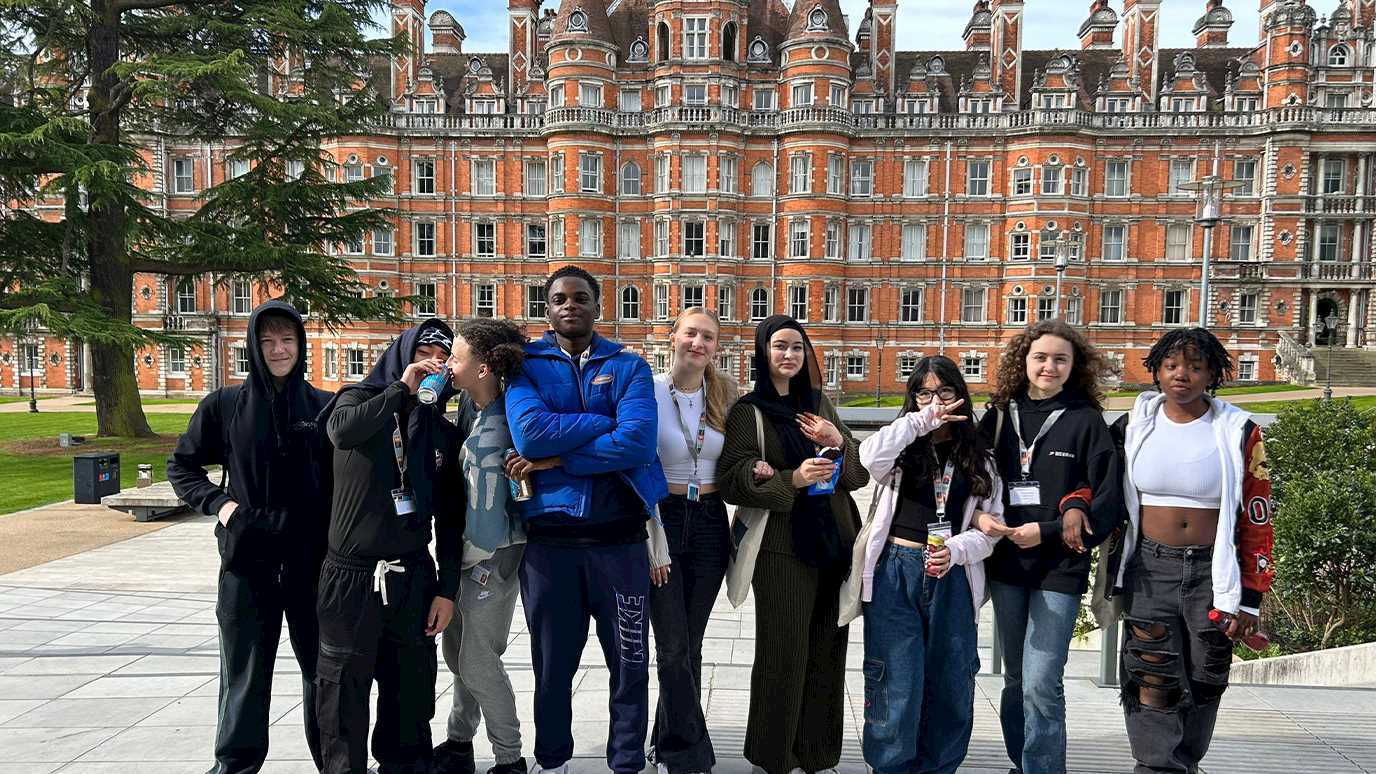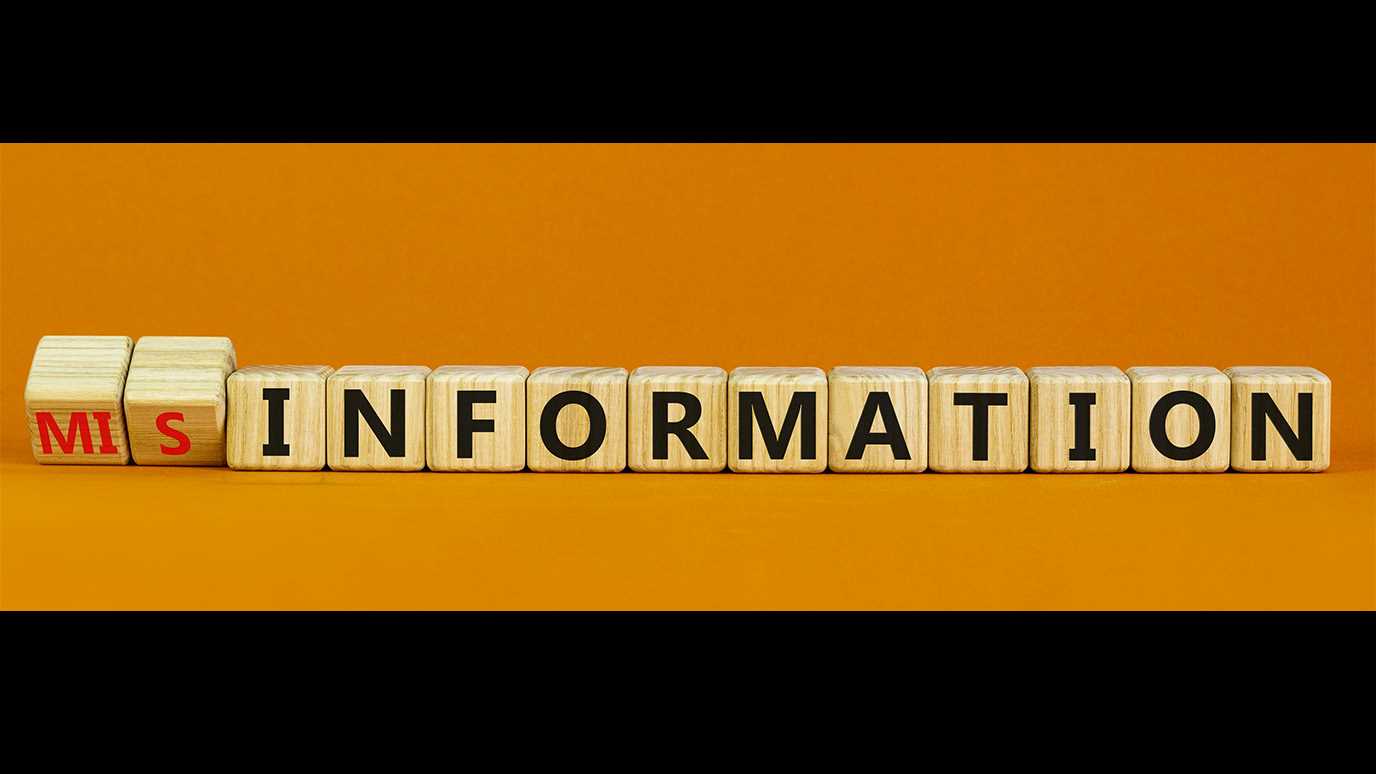Scientific analysis of Covid-19 is dominated by medical and pharmaceutical questions of vaccines and risk minimisation. However, social scientists must track the emerging social orders where new conventions and senses of self and kinship are forming. They are finding that a brand new coronavirus culture is emerging, and with it, many unexpected questions.
Professor Alan Bradshaw, Head of the Department of Marketing at Royal Holloway, University of London has co-edited ‘The Dictionary of Coronavirus Culture’, which presents an A-Z of life in lockdown. Published with Repeater Books, the e-book takes everyday terms that capture the lived experience of lockdown – like streaming, ageing, health, clapping, social distancing, dystopia and essential workers – and discusses them with a range of writers, theorists and academics.
The e-book stems from a series of podcasts that Professor Alan Bradshaw did with Joel Hietanen from the University of Helsinki, during lockdown, called ‘Quarantined Market Podcast’. There are 34 episodes in total and the book is based on transcriptions of those discussions.
For example, Ashok Kumar, Lecturer in International Political Economy at Birkbeck College, University of London, discusses questions around the idea and centrality of key or essential workers becoming prominent in the Anglo-American world because of the global pandemic.
He said, “What is now more visible than ever is that society cannot be run without the lowest paid workers… Indeed, the most essential workers earn the least, and the least essential workers earn the most. This inverts the skill/unskilled question that has become hegemonic in society.”
PhD student, Seth Wheeler from the School of Business and Management at Royal Holloway, discusses the weekly Thursday evening clapping that took place during lockdown.
He said, “Clapping is a symbolic ritual that can be utilised to express a unity of collective recognition, express our sympathies, our solidarities, or our emotional investments in something… While undeniably popular with a huge amount of the British public, this symbolic display was critiqued for how it was seized upon by the state, so as to neutralise the growing class antagonism underpinning the crisis.”
Professor Alan Bradshaw from Royal Holloway, said: “The e-book is about making sense of our everyday lives in this Coronavirus Culture. We were inspired by Raymond Williams’ 1976 ‘Keywords’, where he defined frequently used terms. We invited experts to define specific terms generally, but also to speculatively consider them anew for the contemporary historical moment.
“The e-book is very inter-disciplinary and includes discussions with anthropologists, psychosocial scholars, philosophers, sociologists, historians, organisational theories, economists and marketing scholars.
“Because it is based on transcriptions of conversations edited down to 1,500 words, it is far easier to read than most academic books and is designed for people to dip in and out of. I’m confident that people will enjoy it and get something out of it, because for better or for worse, the social science of the everyday has never been more exciting.”
The Dictionary of Coronavirus Culture, edited by Alan Bradshaw and Joel Hietanen was published by Repeater Books on 13 October 2020.
























